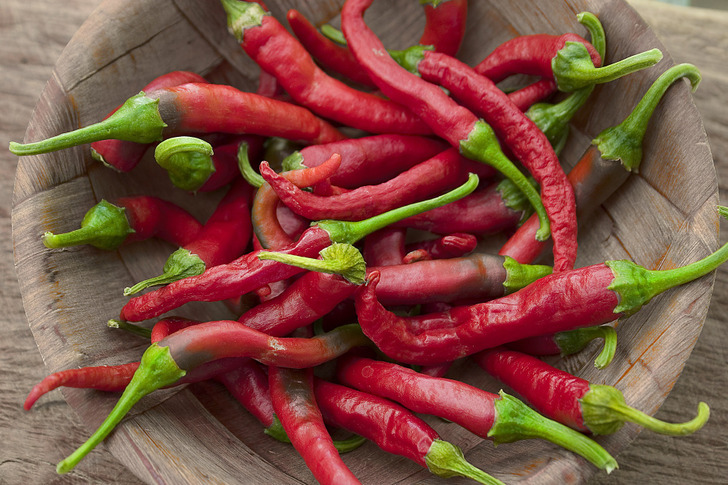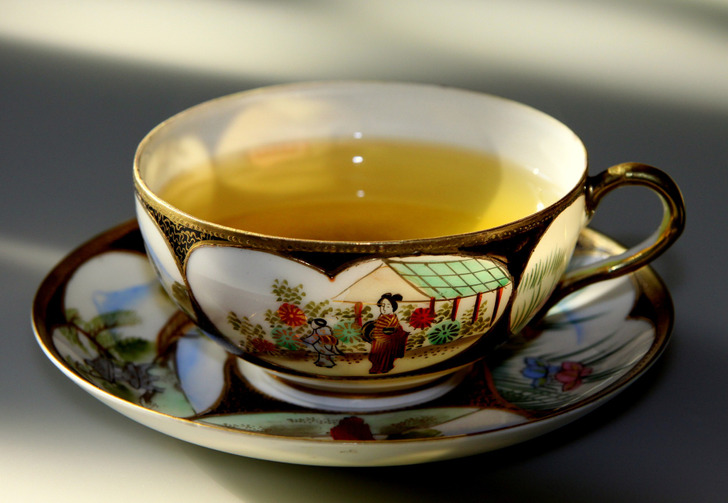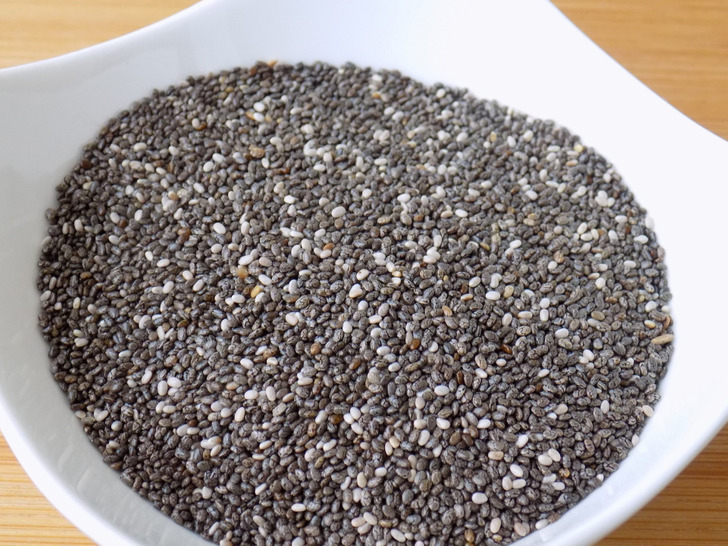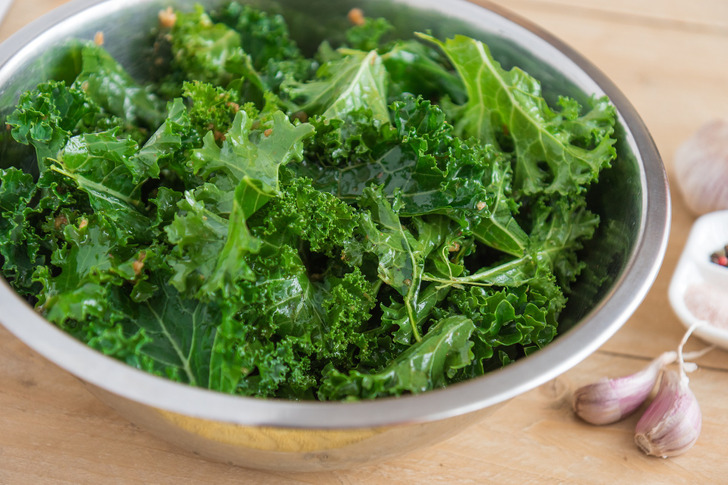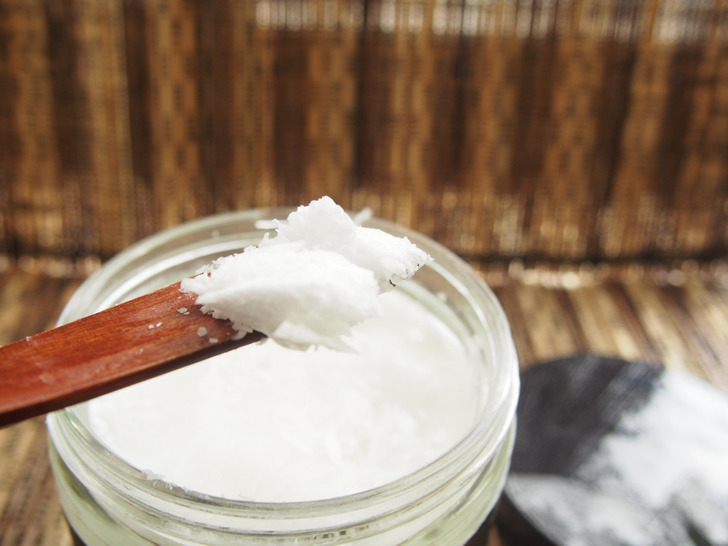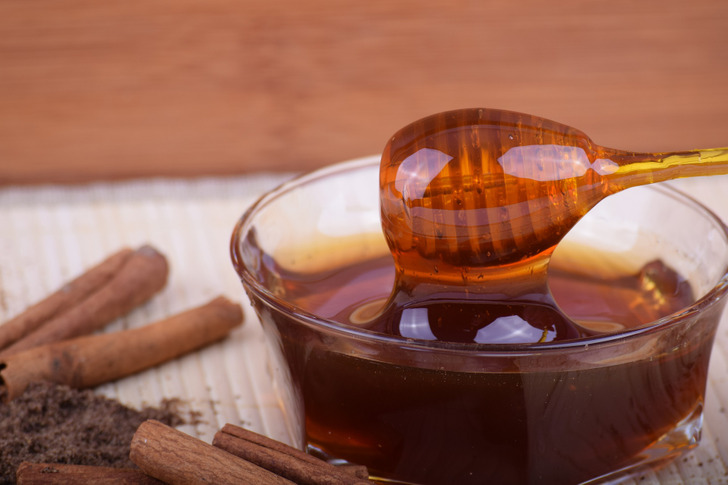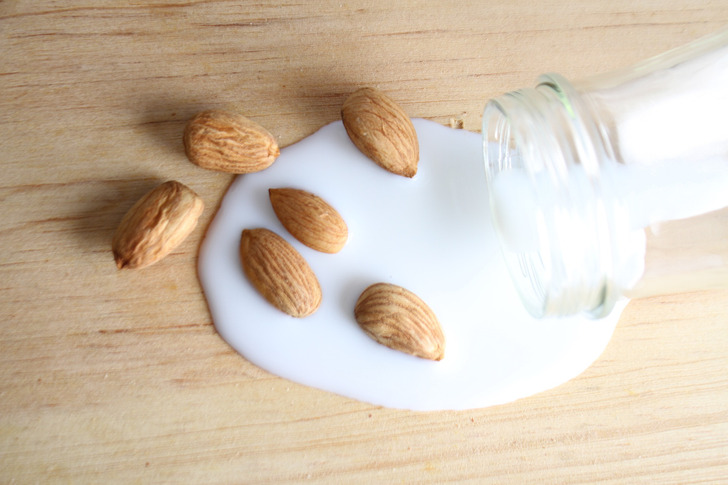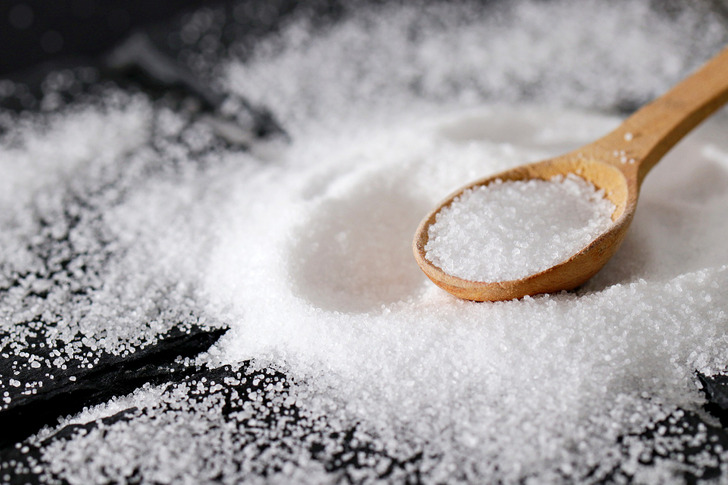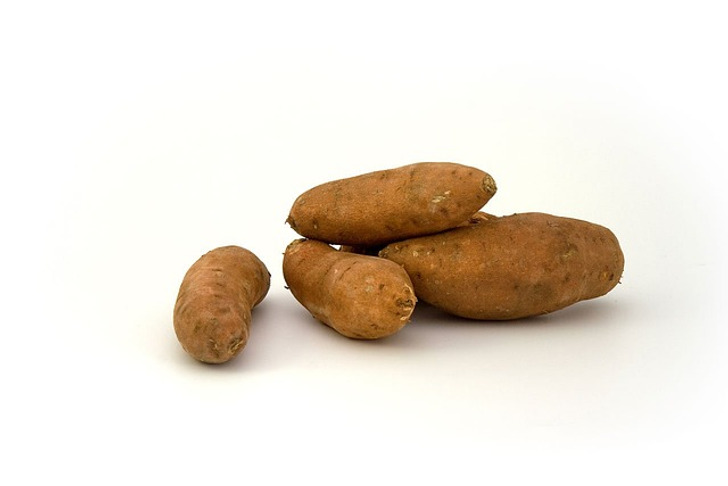10 Superfoods That Aren’t Actually Worth the Hype
We all want what’s best for us and don’t want to be “scammed.” Some foods are not what they claim to be. With good marketing, any food can be deemed a superfood. We created a guide to help you save some money and find healthier alternatives to “superfoods.”
1. Hot peppers
Some people consider hot peppers a superfood, but not everyone can handle the spiciness. There’s no hard proof that hot peppers are better than other types of peppers. If you want the same health benefits but can’t handle a kick, you can eat regular peppers and get the same health benefits. However, what’s better about hot peppers is the fact that they can boost the metabolism thanks to the substance that makes them hot, known as capsaicin.
2. Green tea
Green tea has long been valued for its possible cancer and heart disease-fighting properties, as well as its ability to lower blood cholesterol levels and aid in weight loss. But there isn’t enough evidence to back up some of these claims, and you don’t want to drink too much because green tea is caffeinated.
3. Chia seeds
Chia seeds have some health benefits. They can potentially prevent insulin resistance, reduce free radical activity, and possibly lower blood pressure. However, they are not some miracle food that can cure diseases. When consumed excessively, they might cause bloating, an allergic response, and blood thinning.
4. Kale
This nutritious food contains folic acid, fiber, and vitamins C, A, and K. But when you compare kale to other foods, like spinach, it’s not as healthy. Kale has less potassium, magnesium, fiber, and iron than spinach. To some, kale is not easily accessible or easy to eat, so spinach is a perfect choice.
5. Coconut oil
Because coconut oil contains medium-chain saturated fatty acids, coconut oil is believed to have various health benefits, such as the prevention of Alzheimer’s and cardiovascular disease. However, there isn’t much proof of this. Coconut oil elevates harmful cholesterol by nearly 9% compared to olive, soybean, and canola oil. Olive oil, abundant in monounsaturated fats, remains the superior option.
6. Honey
Many believe that honey is better than regular sugar and can help with plant allergies and hay fever. But overeating sugar can cause weight issues, and this includes natural sugars, such as honey. There isn’t much evidence that honey can help with allergies and hay fever. There’s a need for more research on the subject.
7. Almond milk
Almonds contain a lot of protein, antioxidants, fiber, and minerals. However, when the milk is produced by blanched skinless almonds, most of the nutrients are lost during the process. Almond milk is not superior to cow’s milk. If you can drink low-fat milk, it’s better for you.
8. Sea salt
Sea salt is believed to be healthier than regular salt due to its higher mineral content. All salt is half-sodium and half-chloride, and sea salt is no exception. The mineral intake will not change if you’re eating only sea salt.
9. Sweet potatoes
Many people think sweet potatoes are healthier and better than regular potatoes. However, when we look at the nutritional value of both of these, there’s not much of a difference. When we compare 100 grams or 3.5 ounces, we can see that they have an almost identical number of calories. A sweet potato has 90 calories, a white potato has 92 calories, and they have the same amount of fat, protein, and carbs.
10. Avocado
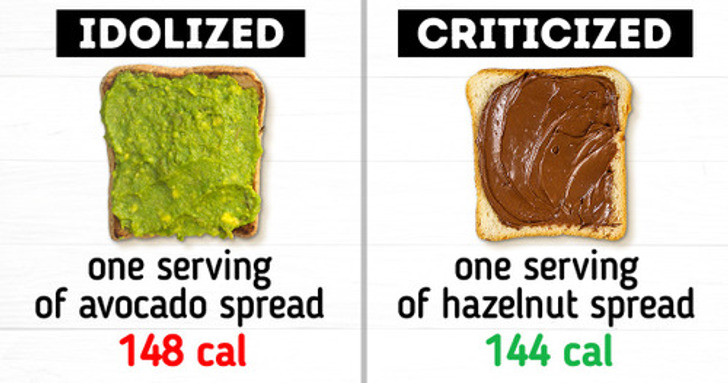
The avocado is believed to be super healthy, and many people consume it regularly. A medium-sized avocado spread on a slice of toast has around 148 calories. At the same time, one serving of hazelnut spread and toast has about 144 calories. So eat what you enjoy the most. There are many things similar to or better than avocados, such as almonds, pistachios, and walnuts, and they are more accessible to some people.
What is your favorite food? Tell us in the comments.
